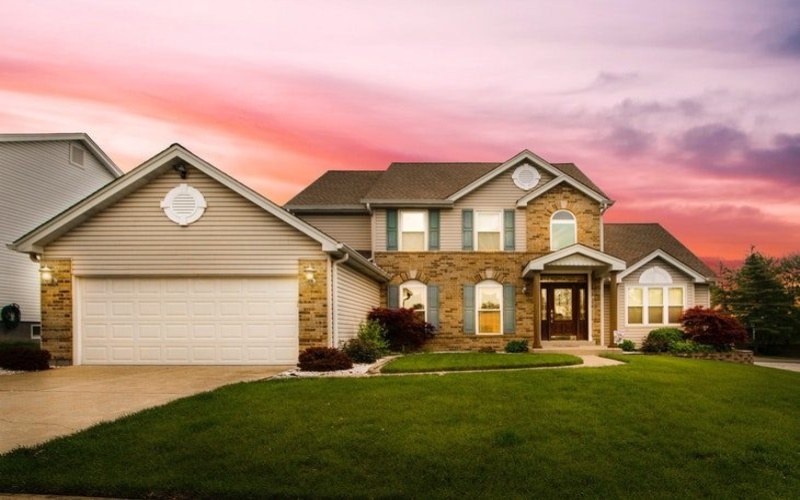Home maintenance costs can be a major expense for homeowners. A common rule is to save 1% of your home’s value for yearly maintenance expenses. Knowing the difference between home warranty vs homeowners insurance will help reduce maintenance cost. It is a good idea to have a home warranty in addition to paying for an insurance policy.
However, many tasks can be handled without professional help, saving you money in labor costs. Skipping maintenance also backfires: a little dry rot turns into a collapsed deck, and an unclean dryer vent can catch fire.
Invest in Energy-Efficient Appliances
Investing in energy efficient appliances is an excellent way to save money and reduce your carbon footprint. These appliances use less electricity, which means that your utility bills will be much lower than they would be if you had older models.
Energy efficiency policies like minimum energy performance standards and energy labels help move appliances markets away from less-efficient products towards more efficient ones. This helps consumers make informed choices about which products to purchase and encourages manufacturers to produce more efficient appliances. Moreover, programs like Energy Star help reduce fossil fuel emissions in the United States to the equivalent of taking twenty-five million cars off the road.
In addition to lowering your energy costs, investing in energy efficient appliances can also increase the value of your home. Potential buyers will be attracted to a well-maintained and efficient home, which can lead to a faster sale. This is an excellent investment that will pay off in the long run.
Upgrade Your Lighting
Lighting isn’t just for illumination; it can also be used to create a more dramatic aesthetic and help improve energy efficiency. If you’re looking to reduce your energy costs and meet sustainability goals, upgrading your existing residential or commercial lighting fixtures and bulbs is an easy way to save money.
There are many options for lighting upgrades and retrofits, including LED lights that minimize power usage and smart solutions that can be managed remotely. Some options may be available through rebates or incentives, so it’s worth checking out online resources and your local utility company.
The signs it’s time to upgrade your lighting are simple: your electricity bill is too high, your lights start flickering or emit a yellow glow, or you simply want to make your spaces look more modern and attractive. Lighting is a great investment that will pay off in the long run. You’ll also be improving safety and making your space more eco-friendly.
Install a Rain Gutters
Gutters redirect rainwater from your roof to a downspout and away from your house, protecting it from foundation problems, basement flooding, landscaping damage and
water-related mold. They also reduce mosquitoes, termites and other pests that are attracted to standing water and damp areas.
Without gutters, water would fall down on your house and erode the soil around its foundation. It could also splash dirt onto the siding and enter into a crawlspace or basement. Gutters and downspouts direct the water to a drainage system that keeps it away from your home, preventing expensive repairs and maintenance costs.
Gutter systems include the gutters themselves, downspouts and installation fixtures. They can cost between $100 and $200 per linear foot. You can find sectioned and seamless gutters at home centers, lumberyards and roofing-supply firms. Steel gutters are stronger than aluminum, have a longer lifespan and won’t crack or bend with time. They’re available with zinc coating and carry 20- to 25-year corrosion warranties.
Change Your HVAC System
If you have an outdated HVAC system, you may be spending more than you need to on energy bills. Replacing your old unit with a newer, more energy-efficient model will help reduce those costs and make your home more comfortable.
Regular HVAC maintenance helps catch problems before they escalate into major issues that cost a lot of money to repair. For example, dirt accumulation or clogged filters can cause the HVAC system to use more energy than necessary, increasing your utility bills.
Upgrading to a more efficient HVAC system can also increase your home’s value and make it more appealing to prospective buyers. Energy-efficient systems are designed with cutting-edge technology that allows them to operate at peak efficiency while consuming less energy. This results in instant energy savings that will continue for years to come. Moreover, modern systems typically feature quieter operation and smart technology integration that enhances comfort and efficiency. The bottom line is that a properly maintained and upgraded HVAC system will keep you from paying high energy costs in the future.

